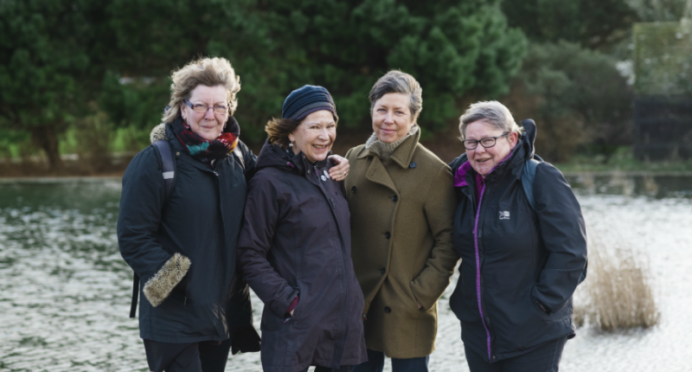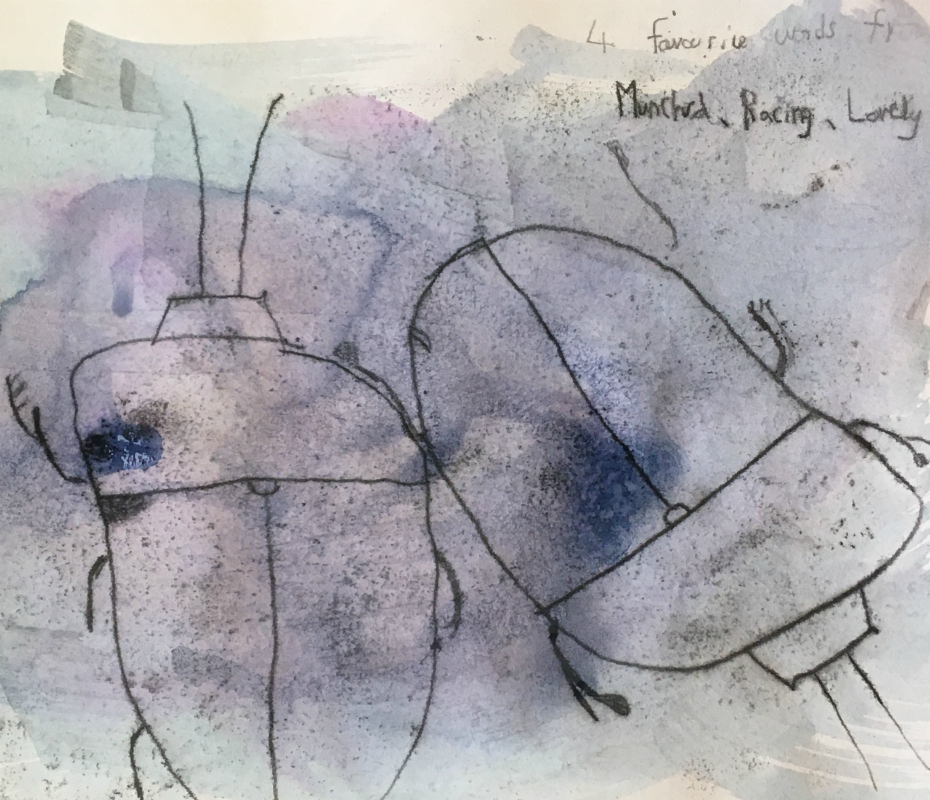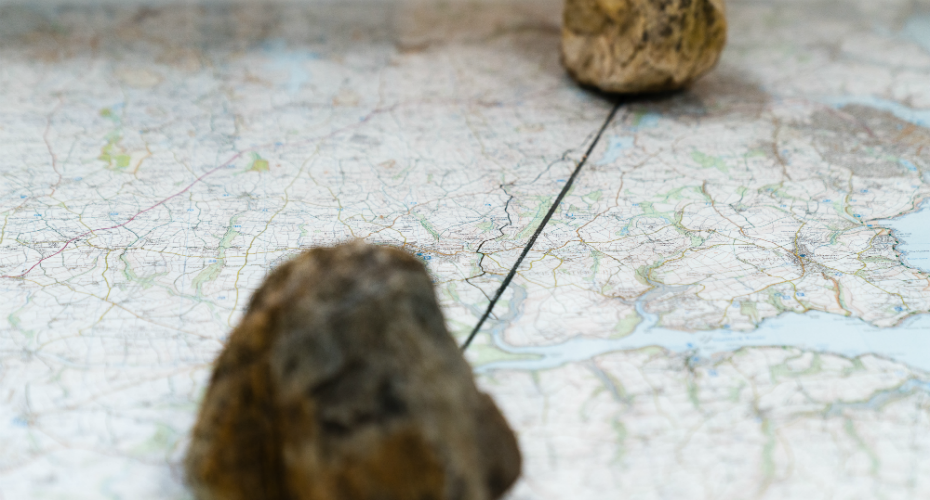Interpreting Climate Change’s challenges and opportunities: The Arts and Culture team at the University of Exeter
Cultural organisations are in a unique position to challenge, inform and engage audiences in environmental conversations. The Arts and Culture team was set up at the University in 2009 to help strengthen creative networks, and bring people into a shared creative community. They’ve also focused on addressing climate change and the environment in their work.
Alumna Anna Bunt (Drama, 2010) is Communications and Marketing Officer for the team. She has worked for 10 years in arts communications and was drawn to her role because it provided an opportunity to work across various art forms. It also offered the chance to collaborate with a diverse community whilst exploring the use of creativity to engage a wider demographic in the University’s programmes and research. Anna firmly believes in collaboration’s importance as a vital way to discover innovative means of experiencing and interpreting the world.
The University’s current Arts and Culture strategy originated in 2018 and aims to ‘place creativity at the heart of all we think, imagine and do together’. The challenges that Climate Change presents are ones that the arts community have endeavoured to understand and represent to the global community to help convey its urgency and engage individuals in conversations about how they can help. As part of their 2020 Urgency Arts Commission, the team have been working with award-winning poet Fiona Benson, who explores the captivating world of insect populations. She is interested in the urgency inherent in an insect’s short lifespan, and the urgency of the environmental crisis and shrinking biodiversity. Her insect poems are love stories – capturing her fascination, painting relatable images of insect life, and sparking a new appreciation for these small lifeforms. As well as creating original poems, Fiona has been running workshops with University students to create an online sound gallery of recorded poems on the Arts and Culture website, which will be available at the end of May.
Another key strand of work for the Arts and Culture team is their annual Creative Fellowships. These short-term placements bring creative practitioners into research settings to encourage new conversations across disciplines.
Anna says: “These fellowships are an important mechanism for putting our ambitions into practice, offering creative practitioners the opportunity to engage with innovative research and teaching across the University. For example, this could be matching a poet with a mathematician. The artists can be anything from a photographer to a choreographer and can be based in anywhere in the UK. Once hosts are chosen, a call-out for creative practitioners is circulated for each project. Creative practitioners then respond to whichever project they feel best aligns with their practice or interests them creatively. Following a shortlisting process, creative practitioners are then interviewed by the Arts and Culture team and host.”
Both 2019 and 2020 Creative Fellowships saw projects focused on Climate and Environment. In 2019 artist, Bram Thomas Arnold collaborated with Professor Caitlin DeSilvery and Environment and Sustainability Institute researchers on a Transect for Trelowarren, which focused on transdisciplinary working and rewilding on a Cornish Estate. This year, visual artist Alex Julyan has worked with Dr Kath Maguire at the European Centre for Environment and Human Health and members from the Health and Environment Public Engagement group to explore research into the human experience of water-based environments and its relationship to data. More information on projects is located on the Arts and Culture website.
Before the Covid-19 outbreak, the team had events planned linked to the climate and environment and are exploring online options for these. Most recently, they launched Hyperlocal, a set of 10 micro-commissions for freelance artists in Devon and Cornwall, in partnership with the Exeter Northcott, Exeter Phoenix and Kaleider. These commissions seek to creatively explore the artist’s immediate domestic environment and the results from successful commissions will be shared on the Arts and Culture website from 24 April.
As well as this, the team have recently updated their website to include information on all programme strands and a ‘Resources’ section designed towards putting people in touch to work collaboratively. Anna advocates this, as she recalls: “a daily phrase in the office is ‘great ideas come from playing with possibilities’ and this something that the team are dedicated to continuing to make happen. We hope our new website can act as a conduit for this.”
In terms Climate Change challenges Anna is optimistic about how humanities and creative industries can aid understanding. She advocates that: “new ways of thinking about the effects and solutions of these problems is key. Creativity is a vital component to making this happen alongside collaboration”.

Visual artist and Arts and Culture 2020 Creative Fellow Alex Julyan with Dr Kath Maguire from the ECEHH and members of the Health and Environment Public Engagement group in Cornwall. Together they have been exploring emotional attachments and personal meanings that connect people to outdoor places with water. Credit Steven Haywood

Results from a printmaking and poetry workshop with poet Fiona Benson and printmaker Catherine Cartwright for ages 9-10, inspired by insect collections at the Royal Albert Memorial Museum. Created as part of poet Fiona Benson’s 2020 Urgency Arts Commission. Credit Stoke Hill Junior School.

